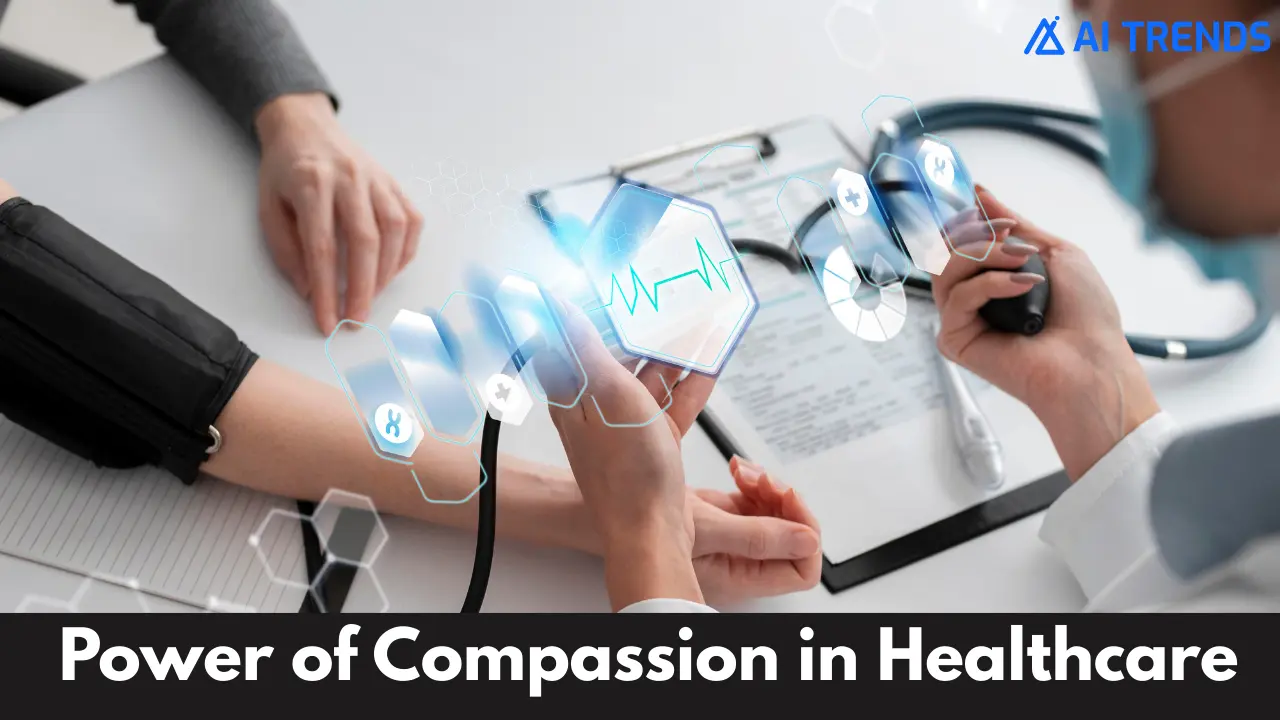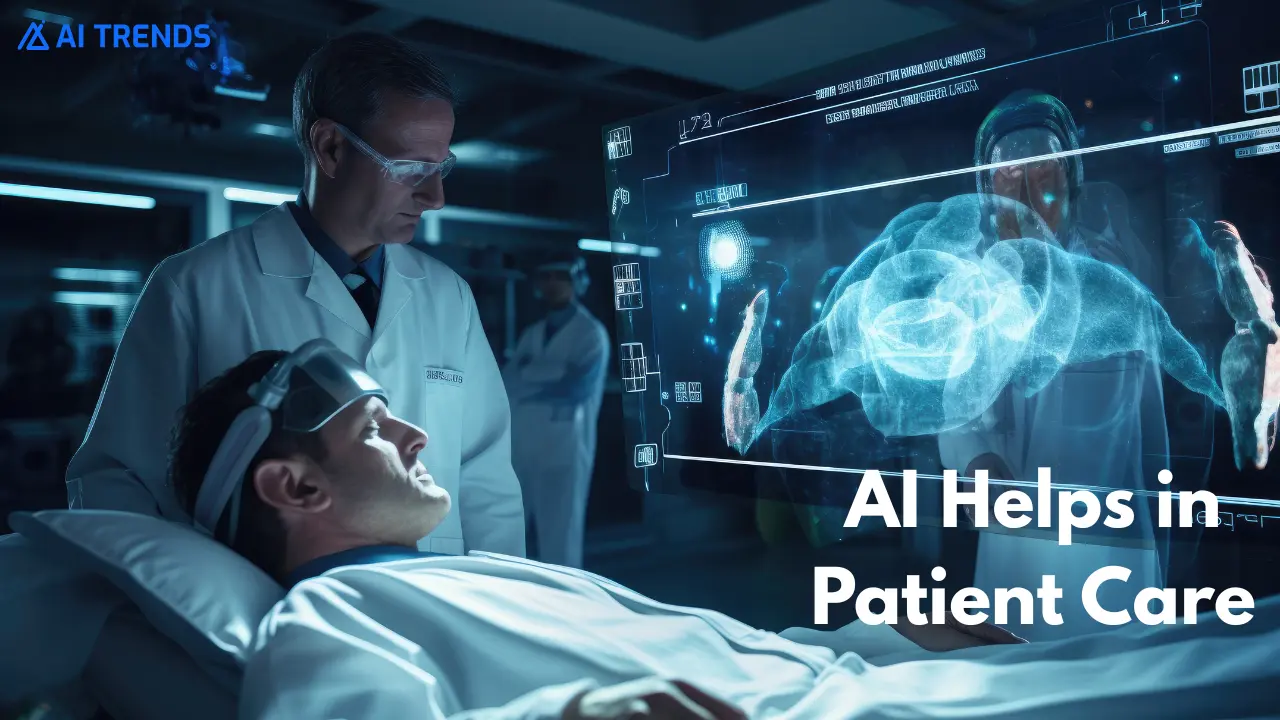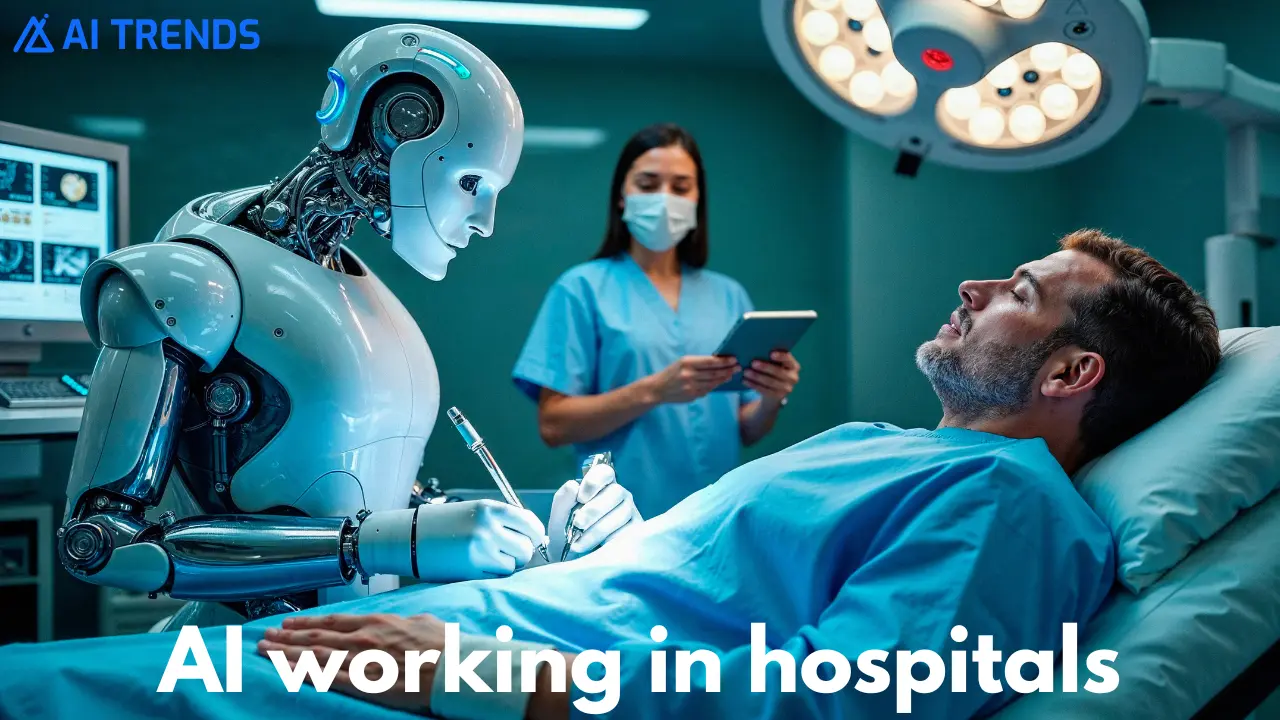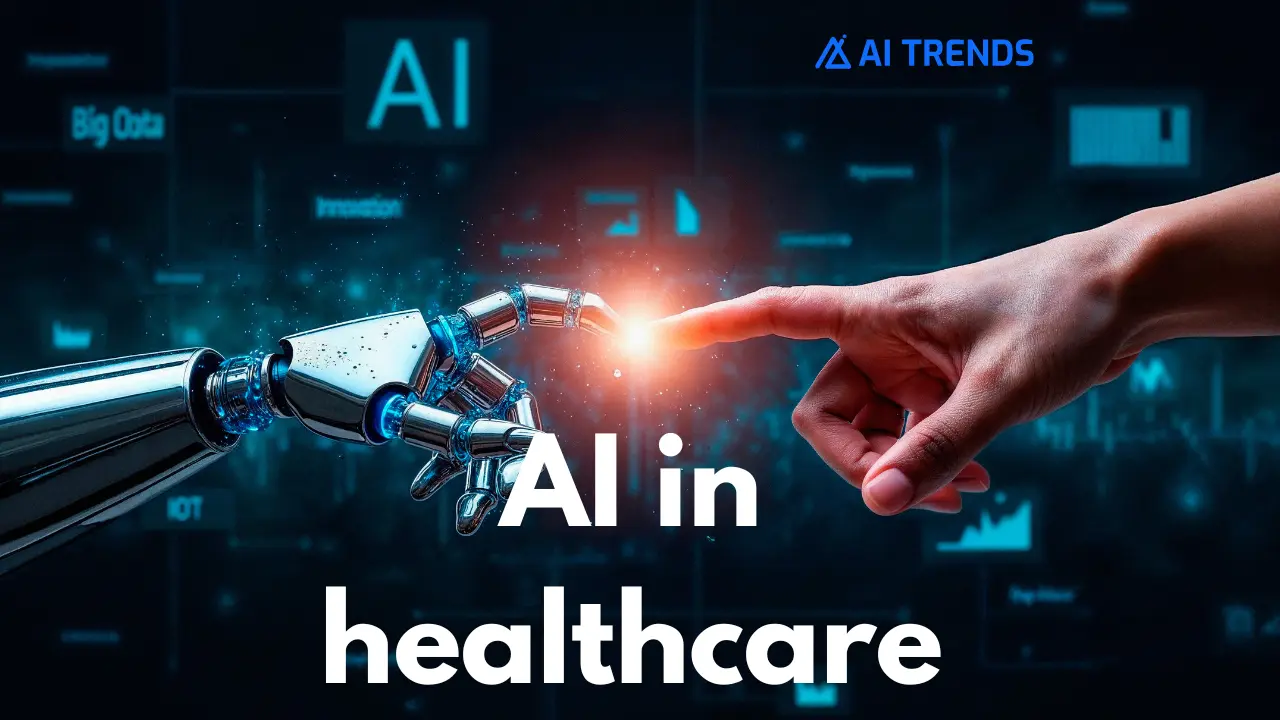Table of Contents
Conversational AI for Healthcare
Conversational AI is changing healthcare. It helps doctors, nurses, and patients work together more easily. These tools don’t sleep. They run 24/7. They answer questions, remind patients, and cut wait times.
What Is Conversational AI?
Conversational AI uses tools like chatbots and voice assistants. These tools understand and reply to human speech or text. They use natural language processing (NLP). NLP helps machines understand what people mean, not just what they say. In healthcare, this means fast support. A patient can type or speak a question, and the system gives a clear response. Here’s how AI is transforming healthcare.
Why Healthcare Needs It

Doctors are busy. So are nurses. Clinics and hospitals have more patients than ever. Phones ring nonstop. Forms pile up. Mistakes happen. That’s where conversational AI helps. It takes on the small jobs. It answers common questions. It books visits. It sends alerts. This saves time for staff and makes life easier. Learn how OpenAI is pushing these boundaries.
Key Tools in Action
1. Healthcare Chatbots
Healthcare chatbots are often the first line of help. They answer common questions, like:
- “What are flu symptoms?”
- “Can I eat before this test?”
- “Where is the clinic?”
They can also check symptoms. A Gemini AI Stock asks questions and gives basic advice. It can tell someone if they should see a doctor or rest at home.
2. Virtual Health Assistants
Virtual health assistants do more than chatbots. They can:
- Track medication
- Send health tips
- Help with rehab
- Explain test results
These tools feel like personal helpers. They learn from patient habits and needs. Over time, they offer better support.
3. Voice Assistants for Doctors
Voice assistants let doctors speak and record notes. They can ask for patient records or add info without typing. This saves time and reduces errors.
Doctors also use them during surgery or while moving around. It keeps their hands free and their focus on patients.
How AI Helps in Patient Care

AI is now part of daily care. It answers questions and guides people. It’s not just for tech fans. It works for seniors, too.Ai Healthcare
4. 24/7 AI Health Support
People get sick at night, too. A 24/7 AI health support system doesn’t need sleep. It listens, replies, and helps anytime. This means less stress for families. They can ask questions at 2 a.m. and get answers right away.
5. AI-Based Appointment Scheduling
No one likes waiting on hold. AI-based appointment scheduling tools let people book visits online or by voice. It’s fast and easy. These tools can even send reminders or help reschedule.
6. Smart Virtual Nurses
Smart virtual nurses check in with patients at home. They ask how the person feels, check symptoms, and even track recovery. This keeps people out of the hospital longer and cuts costs.
7. Natural Language Processing in Healthcare
NLP lets machines read or hear what people say. Then, it figures out what they mean. For example, if someone types, My chest hurts, the AI knows this could mean heart trouble. It may suggest urgent care. NLP also helps with foreign languages or slang. It learns over time and gets better with each case.
8. Machine Learning in Healthcare
Machine learning helps AI improve with use. It looks at old data and finds patterns. For example, if hundreds of patients report the same early signs of a disease, AI can flag it earlier next time. This is key in AI diagnosis tools. These tools read X-rays or test results. They look for signs a human might miss.
In the Clinic and Hospital
9. Conversational Interfaces for Hospitals
Hospitals use conversational interfaces at check-in desks and online portals. Patients can ask about billing, results, or directions. These tools help cut lines and improve service.
10. AI in Hospital Management
Hospitals also use AI to manage staff and supplies. If a flu wave hits, AI tools can plan shifts and order more medicine. This helps prevent panic and delays.
11. AI for Clinical Workflow
AI helps manage lab tests, forms, and follow-ups. Doctors get alerts when test results come in. Nurses see which patients need care next. It keeps everyone on track.
12. Predictive Analytics in Healthcare

Predictive analytics in healthcare looks at past data to guess what might happen next. For example, AI might see that a patient’s weight, sugar levels, and family history point to diabetes. It can flag this early.
Doctors can then act fast. They can prevent disease, not just treat it.
13. AI for Disease Prediction
This works for more than diabetes. AI tools help spot heart issues, cancers, and mental health problems before they grow. The system finds patterns in data that humans might miss.
14. Deep Learning in Healthcare
Deep learning is a branch of AI. It can process huge amounts of data. It powers tools that read MRIs, spot cancer, and track disease growth. These tools help doctors make better decisions.
Supporting Staff
15. AI Medical Assistants
AI medical assistants help with records, notes, and test orders. They speed up tasks and reduce stress. They also help with follow-ups and reminders.
16. Robotic Process Automation in Healthcare
This sounds like robots doing paperwork—and that’s close. Robotic process automation (RPA) means software that handles boring tasks. It copies data, files, forms, and updates systems.
RPA is fast and accurate. It cuts down on human error.
17. Electronic Health Record AI
Electronic health record AI tools help manage patient files. They find missing info, flag errors, and help with coding for insurance. This saves hours each day.
From the Patient’s View
People want care that is easy, fast, and helpful. Conversational AI gives that. They can ask questions without calling anyone. They can book visits with a text. They can check symptoms at home. This gives them more control over their health. It also helps them feel heard.
Safety and Limits
AI is not a doctor. It can help, but it should not replace care. Good systems always include human checks. Also, health data must stay private. AI tools must follow rules to protect patients. This includes encryption and secure access.
What’s Next?
18. Healthtech AI Solutions Are Growing
More clinics and hospitals are using healthtech AI solutions. These tools keep improving. They now include video support, wearables, and real-time alerts.As more data comes in, these systems learn faster. They’ll help spot problems, plan care, and reduce costs.
19. Smart Hospital Systems
Some hospitals are going fully digital. They use AI to run lights, manage supplies, and track patients. These smart hospital systems help staff work faster and better. For example, if a patient moves from room to room, the system knows. It updates charts and tells the staff where to go.
20. Digital Transformation in Healthcare
Digital transformation in healthcare is not just a trend. It’s a shift in how care works. Conversational AI is a big part of that. Hospitals that use AI tools now serve more people with fewer delays. They keep patients safe and improve care.
Use Cases in 2025
Here are some real AI content ideas for 2025 that are already in use or coming soon:
- A chatbot that helps new moms with baby care.
- A virtual nurse for cancer patients at home.
- Voice tools for doctors in rural areas with low internet.
- Smart glasses that show patient records as the doctor walks in.
- AI that calls seniors daily to check on them.
These tools aren’t science fiction. They’re being used now or tested in trials.
Summary
Conversational AI is helping healthcare move forward. It handles simple tasks, supports patients, and helps doctors do their jobs better. These tools are not perfect. But they save time, reduce errors, and improve care.
What is a symptom checker chatbot?
It’s a tool that asks about your symptoms and gives basic health suggestions.
Is conversational AI safe for medical use?
Yes, if used correctly with secure systems and human oversight.
Does AI replace doctors?
No. AI supports doctors. It doesn’t replace medical judgment.
How does AI improve patient care?
It saves time, reduces errors, and gives quick answers or reminders.
What is NLP in healthcare?
Natural Language Processing helps machines understand what patients say or type.









